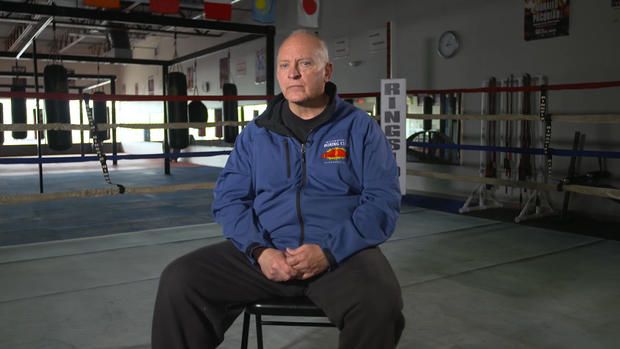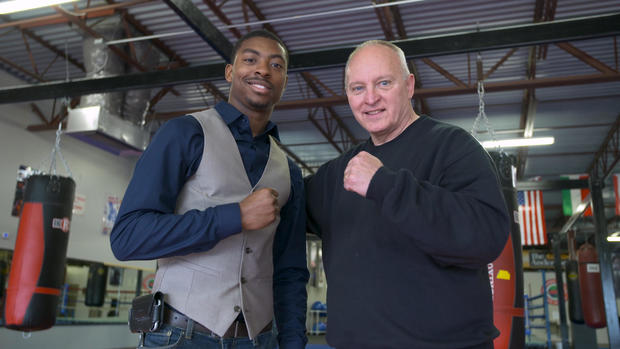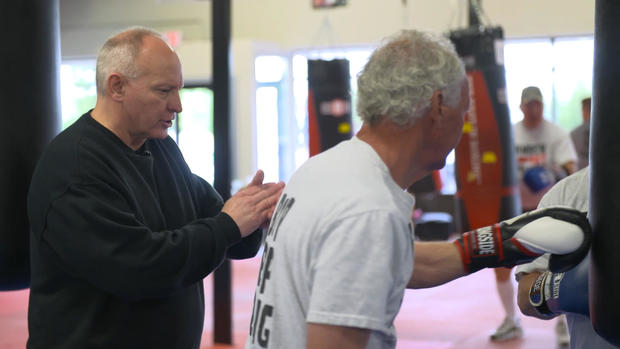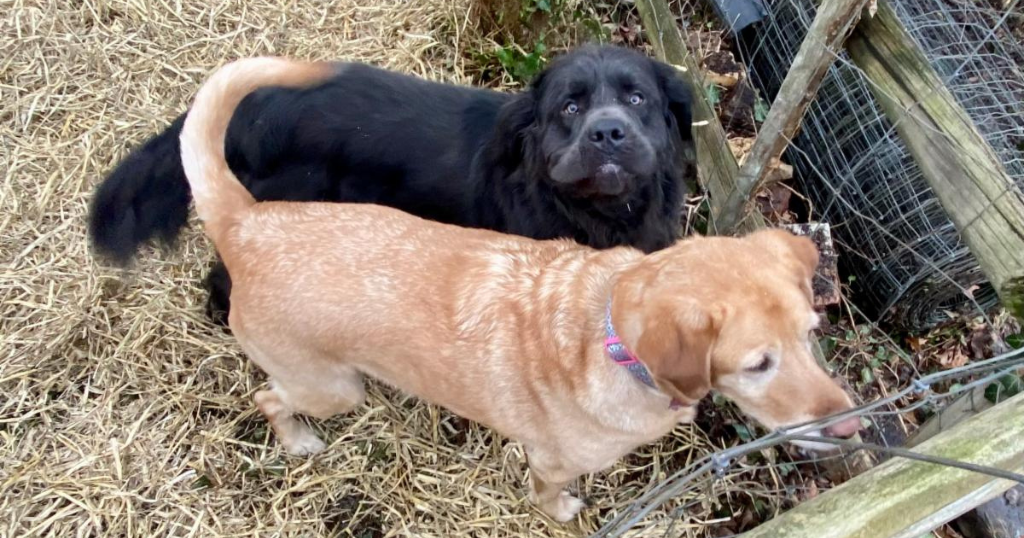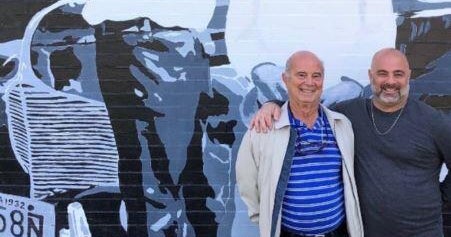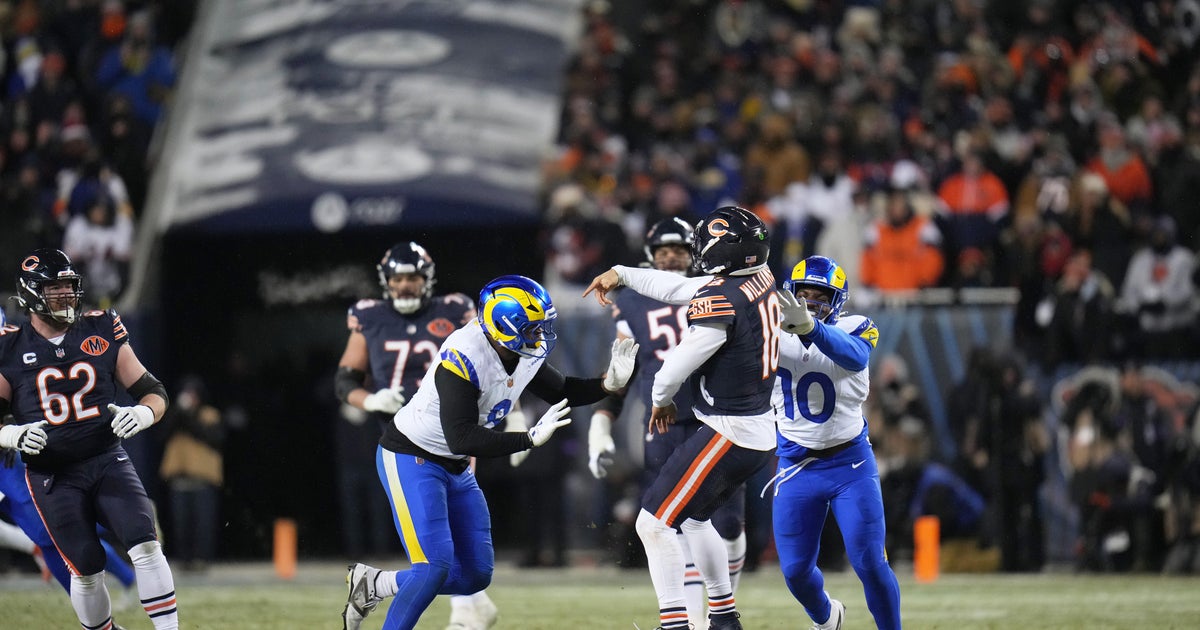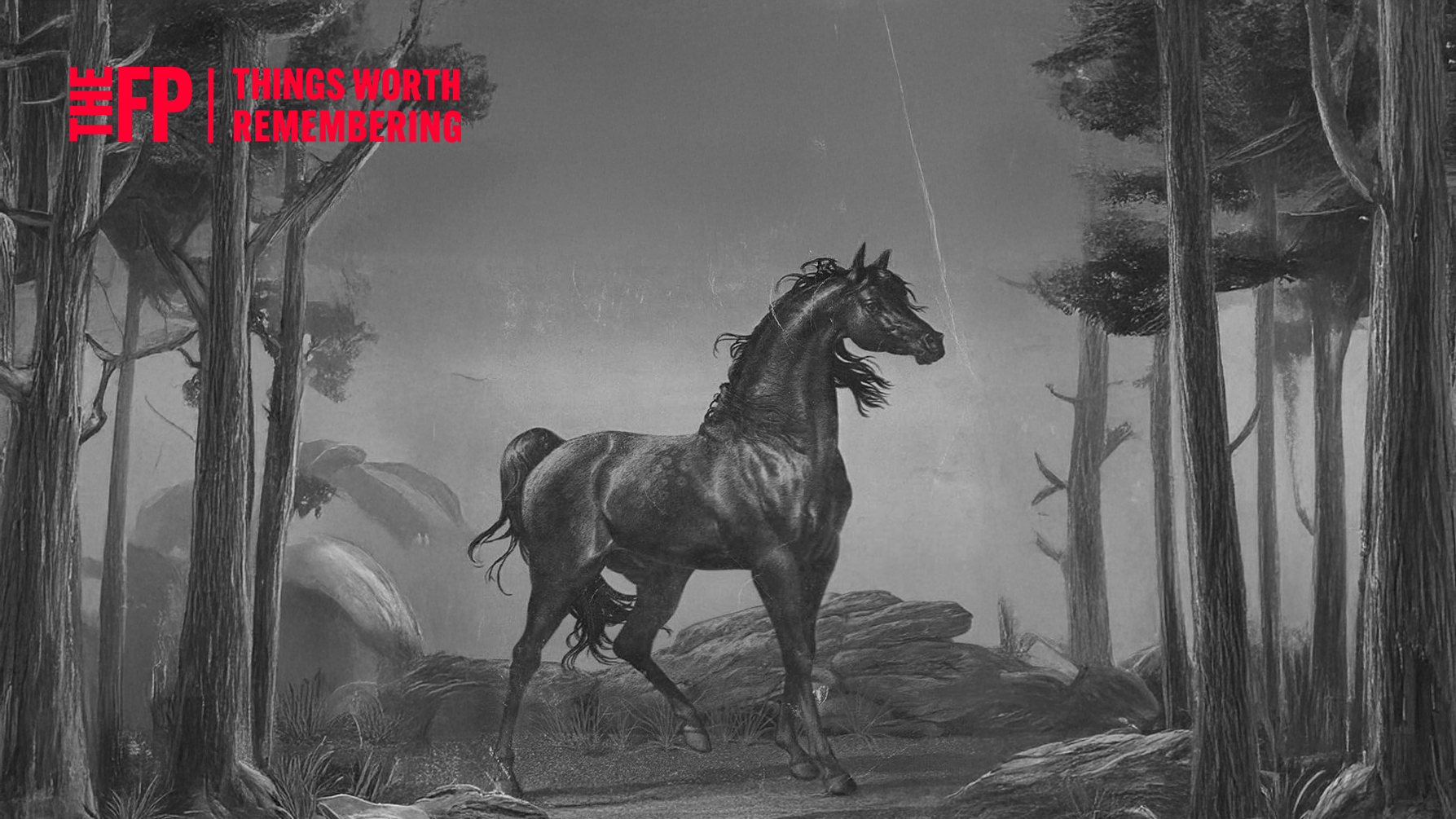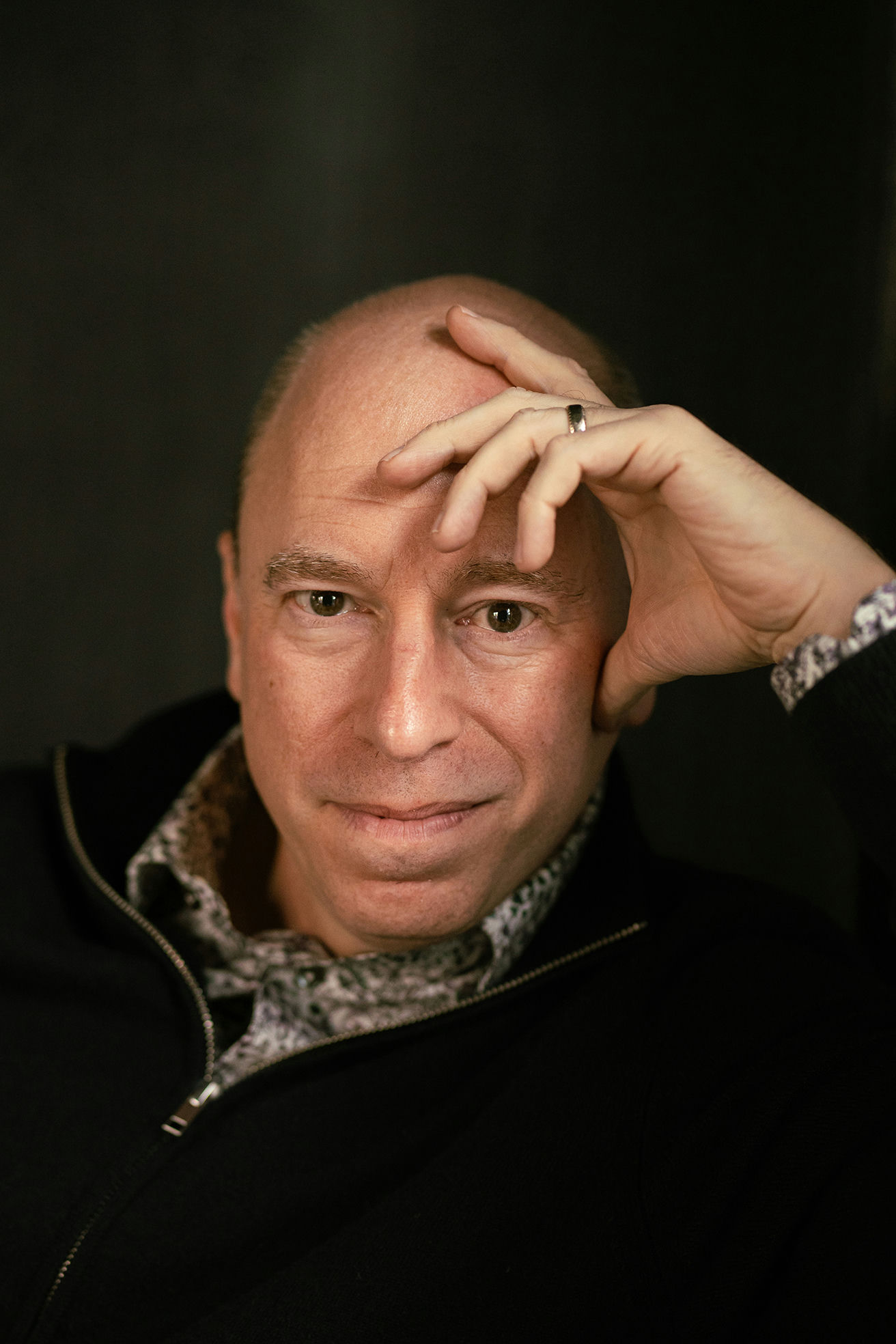Meet a boxing coach for at-risk kids and Parkinson’s patients who never charges a dime
Everyone calls him Coach Harry. The older kids throwing punches in the ring, the cute little girl in braids skipping rope in the corner, and the adults arriving for an evening workout. To some he's a disciplinarian, to others an encouraging voice. And they all call him an inspiration. But you can just call him Coach Harry.
Harry Cummins, 61, opened the International Boxing Club in Toledo, Ohio, in 1998. It started out as a hobby, but eventually he retired from his 32-year career as an auto worker at General Motors to run the gym full time. Nearly 5,000 kids have come through the doors since the gym opened. Cummins says some show up for the wrong reasons: they want to learn to fight and take it back to the streets. But Cummins knows he can help those kids, because those kids remind him of himself.
"I've had kids sometimes tell me, 'Coach, you don't know what it's like,'" says Cummins, as he drives through inner city Toledo. "Then I share my story with them."
Cummins has a vivid memory from when he was in first grade: his father being arrested, furniture breaking, police officers yelling and his mother telling him to go back upstairs and protect his baby brother. Soon after that night, along with his mother and brothers, Cummins moved to public housing on the east side of Toledo called the Weiler Homes.
"Every day when I came out I'd get beat up… I hated the world," recalls Cummins. "I used to dream, someday when I grow up, I'm going to get out of here. I'm going to do something great."
Trayvone Mathis was a freshman in high school when he first walked into the International Boxing Club. He describes his neighborhood as "pretty much fighting, doing things to get in trouble… nothing really productive." Like all other kids at the gym, Cummins was strict with Mathis. He demands schoolwork be done at the gym's learning center before before boxing. He recalls telling Mathis, "I'm going to commit to you, but you've got to make a commitment to me 100 percent and I'm there for you all the way."
Mathis was a promising amateur boxer but he chose to pursue other interests. Now 23 years old, he's expecting to complete a degree in architecture from Bowling Green State University next year. He's worked at an architectural design firm in Toledo, and he owns his own business called Sav'Ayn Design.
"If it wasn't for the values and all the hard work that Coach Harry put into getting me where I am," says Mathis, "I'm 100 percent positive I would not have made it this far, as quickly, if at all."
These days, Cummins spends countless hours at the International Boxing Club. He coaches the "A-team," for kids training to compete in amateur boxing matches. His "B-team" is for beginners. And he teaches "boxercise" classes for adults. There's a separate room where kids learn everything from cooking to basic construction. But perhaps most importantly is the learning center, complete with a blackboard, computers and tutors to help with schoolwork.
"If you're failing… you can come out and jump rope and stretch but you cannot put the boxing gloves on," Cummins explains. "You have to go back to the learning center until I get a letter from the teacher or the next grade card that [says] they're passing."
In 2014, Cummins partnered with the University of Toledo's occupational therapy program to help people with Parkinson's disease. The classes at his gym offer non-contact exercises for Parkinson's patients to improve balance, movement and strength, as well as give them a place socialize with one another in a supportive environment. The program began with just four people three years ago, but today it's grown to over 100. In May, the gym was named an official research site of the University of Toledo.
"I think it's improved my health tremendously," says Ed Cochran, who's had Parkinson's for seven years. "You can depend on [Cummins], he's always there right with you and he's got your back."
Cummins doesn't charge a fee for any of the kids who come into his gym. If they follow the rules, they get free tutoring and free boxing instruction. The Parkinson's program is also free of charge.
"When those kids graduate, I go to all the graduations. It's priceless," Cummins says. "The people with Parkinson's, when they come here and they're working out and they're smiling, that's priceless."
The gym received non-profit status upon opening in 1998. Cummins raises money through fundraising and promoting local boxing matches, and has spent thousands of dollars of his own money to keep the programs up and running. On a typical day, he's at the gym by 8 a.m. for the first classes. Over the course of the next 12 hours he'll train, coach, encourage, yell and laugh all with equal enthusiasm and positivity. If he's lucky, he's back home by 10 p.m.
"Every night when I turn off the lights, I always turn around, look back and I thank God," says Cummins.
Cummins has won numerous volunteering awards from local Toledo-area organizations and he was profiled on the website of Encore.org, where many other inspiring experiences of older adults are shared.
CBS News asked why he'd given so much to his community without asking for anything back.
"I realized why I went through everything as a young kid in the Weiler Homes," he replied. "So I can give back to these kids and help turn their lives around."
